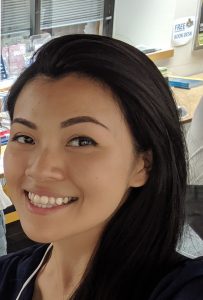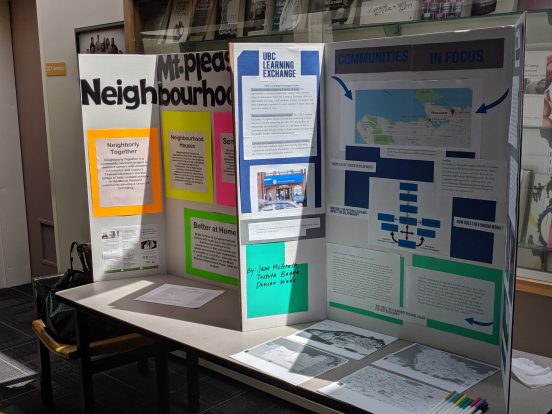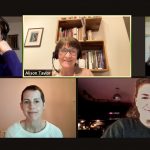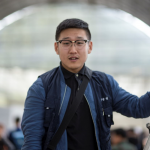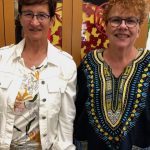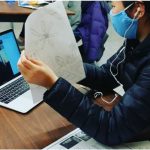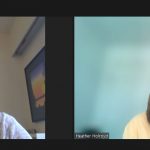Part 3. Searching for authenticity in academe
By Alison Taylor
Emily Truong-Cheung has been the Teaching Assistant for the Urban Ethnographic Field School (UEFS) for the past couple of years. The course provides an important balance to her stressful life as a PhD student who’s trying to figure out whether she wants to “play the [academic] game” as well as how to change that game.
The UEFS course has been critical in her quest for authenticity in research. Her own ethnographic work on food security had already made her question the way much sociological research has been done traditionally. In particular, Emily is critical of research conducted for instrumental purposes that have little to do with community needs, and a lot to do with securing a peer-reviewed article. Emily holds a vision of public sociology, much like that of former president of the American Sociological Association Michael Burawoy.[1] But she knows it’s up to the next generation of academics to recreate it and reimagine it.
Working with the instructor and students in the UEFS helps Emily to feel that the university is moving in the right direction. UEFS encourages students to think about their privilege and to interrogate their discomfort as they leave the safety of campus. Instead of talking about inequality ad nauseam, students’ work in community involves taking small steps that may make a big difference in someone’s life. Instead of saying there’s one academic way to write, Emily interprets the approach in UEFS as saying it’s ok to write in ways that allow your audience to grasp ideas quickly without requiring extensive additional knowledge to make sense of it. In short, “you’re listening to the community you’re studying, and you’re offering what you can but also listening to what they need, which is really important.”
Emily notes that the course has also been important for her own mental health. Although she feels very supported as a graduate student in her department, she’s questioning the ways academe operates. Like UEFS students, she feels strongly that engaging in community teaches students so much more than “just sitting at the Point Grey campus.” Her involvement with undergraduate students, instructors, and community partners in the UEFS has convinced her that sociology can play an important role in building a more respectful and just community. In fact, it’s a game changer.
[1] See Burawoy’s 2004 address:
burawoy.berkeley.edu/Public%20Sociology,%20Live/Burawoy.pdf
